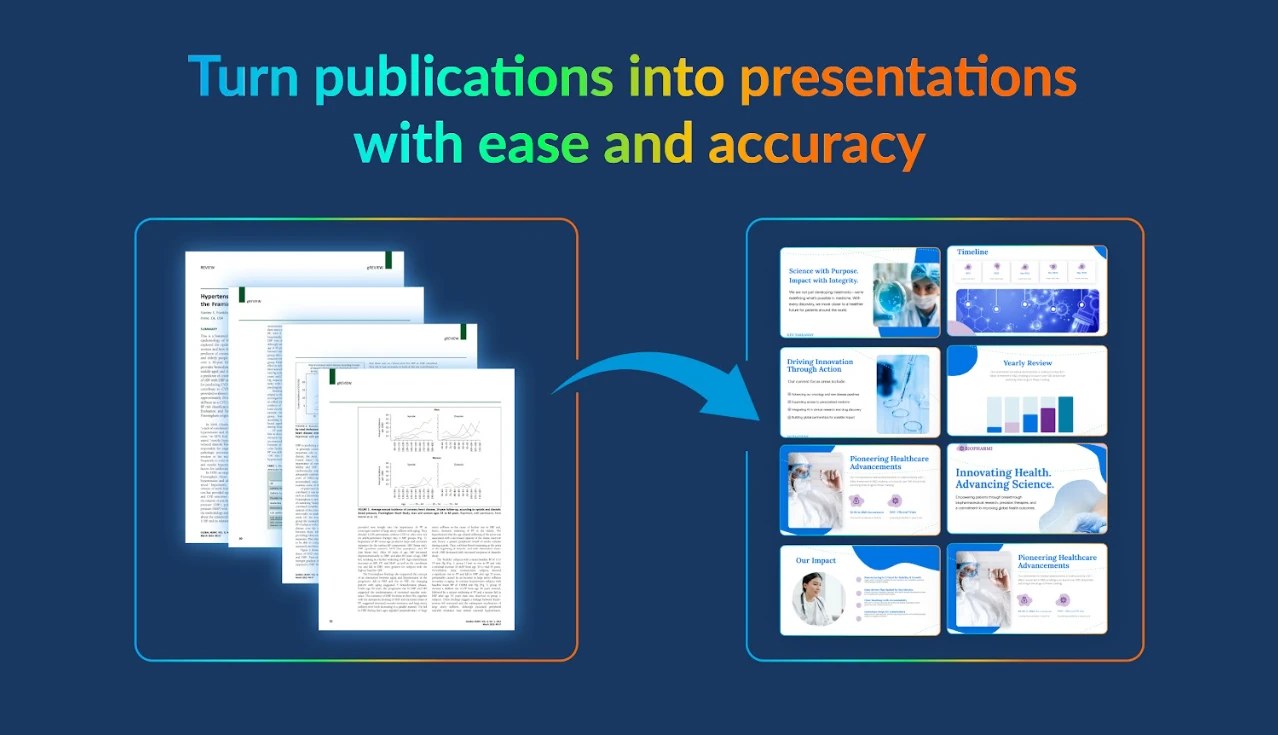The importance of humility: How being humble can improve leadership and build trust
.webp)
The Importance of Humility: How Revealing Ignorance or Mistakes Builds Trust
The world around us has come to glorify knowledge and expertise making it difficult to report personal inaccuracies. Since society has placed emphasis on being correct and absorbing new information, it becomes difficult for us to admit when we don’t know something or acknowledge when we are wrong. Despite this being the case, revealing our ignorance can assist us with establishing credibility and building trust among others. Humility serves to promote personal growth, and strengthens the relationships we have with people inside and outside our respective fields. Familiarizing ourselves with our strengths and weaknesses can foster quality conversations among others and improve how we act as effective leaders. In this blog post, we will further discuss the power of humility and how being vulnerable can create more trustworthy reputations.
Authenticity Breeds Trust
Boldly acknowledging that you may not know something and not showing arrogance, shows a distinct level of authenticity in your character. In regards to trust-building, authenticity is very important, because it reveals that we are genuine and honest in our interactions and are consciously working on self-improvement. Whether in a presentation or general conversation, people gravitate towards people that are able to admit their limitations and show gratitude when given the same consideration. Those that are able to refrain from having arrogant attitudes, are looked to as being humble leaders. This is the case because admitting flaws can build a sense of reliability and makes others more inclined to trust your intentions and leadership initiatives.
Continuous Learning and Growth
It is impossible for any singular person to possess all the knowledge in the world. Being able to accept our ignorance shows humility and enables a mindset that facilitates continuous learning and growth. Exhibiting humility means to honorably admit when we don’t know something. Relinquishing our innate pride provides us with opportunities to learn more and expand our horizons. It is a great way to foster personal improvement, which through example can lead others to a similar path. The fact you are consuming yourself with betterment, makes others more willing to trust you and appreciate when you admit your imperfections.
Vulnerability Strengthens Connections
Though it is often perceived as a weakness, vulnerability is truly a virtue that adds depth to all our connections. Recognizing our uncertainties or mistakes opens the door to others joining us on our “journey.” The vulnerability we show others allows a safe space for open communication, and makes people comfortable to share and involve their own doubts and concerns. Shared vulnerability helps us create stronger bonds and provides guaranteed support for those that may need it. It goes further to show how humility can not only improve ourselves but the people around us.
Enhanced Problem Solving
When we have the humility to admit when we are wrong, we open up the possibility for joint collaboration and cooperative problem solving with others. Simply being able to claim ignorance in situations we don’t have insight on automatically welcomes diverse perspectives. Furthermore, being open to different views and perspectives can expose us to expertise that may make us less ignorant. Admitting that we don’t have all the answers encourages other people to provide their own insights and this combined with our pre-existing ideals can create more innovative solutions. Overall working together on things we don’t have the answers for puts the best interest of everyone ahead of our own personal ego.
Building Credibility and Reputation
As opposed to what some may think, admitting our mistakes or ignorance can enhance our overall credibility. The most important thing associated with admitting our mistakes is that it shows our self-awareness. It makes us appear as trustworthy individuals and puts us in a position to gain respect from others. People are inclined to rely on people that can admit when they are wrong instead of getting defensive. Pretending to be right when one is conscious of his/her mistakes derails any credibility we aim to have.
So Why is Humility so Important?
Though it is valuable to be aware of different information and keep up to date with new findings, the power of humility should not be underestimated. There may be great praise in having expertise and demonstrating infallibility, but acknowledging our faults can create sustaining relationships with others. Embracing vulnerability, exuding authenticity, and prioritizing self-growth can build credible identities among each other and foster better connections. Therefore as Richard Daley states, “power is dangerous unless you have humility.”
FAQ on the Importance of Humility
1. Why is it difficult to admit ignorance or mistakes in a society that values knowledge and expertise?
A1: Society often places a strong emphasis on being correct and well-informed, which can make admitting ignorance or mistakes challenging. This is because we fear that acknowledging our lack of knowledge might lead to a perception of incompetence or undermine our credibility.
2. How does humility contribute to a positive work culture and better relationships?
Humility really involves acknowledging one's limitations and being open to learning from others. By admitting when we don't know something, we can retrieve valuable insights from colleagues. This contributes to a positive work culture, fostering empathy, appreciation, and better relationships among team members.
3. Can you provide an example of how revealing ignorance positively impacted someone's career?
Certainly! Matthew, a manager at a tech company, decided to take an attitude of humility. He openly shared that he struggled with understanding social media platforms during a team meeting. This honest revelation led to his colleagues offering assistance and sharing their expertise. Matthew's willingness to reveal his ignorance not only improved his social media knowledge but also elevated his team's engagement and trust.
4. How does embracing humility help in personal growth and self-esteem?
Embracing humility helps us to avoid entitling ourselves to perfection and see our own mistakes as part of the learning process. This healthier perspective fosters personal growth and enhances self-esteem by acknowledging that making mistakes is a natural part of being human. It's recommended in articles like "Self-Improvement 101" and "Productivity 101."
5. What impact does humility have on leadership and company success?
Humility is recommended by many experts as a key trait for the best leaders and CEOs. Instead of focusing on personal recognition, humble leaders prioritize the company's success and the well-being of their employees. This approach encourages collaboration, contribution, and dignity among the team members. As a result, the company experiences less stress, improved engagement, and an overall positive work environment. See also related articles on the enormous benefits of humility in leadership.
At Prezent, we uphold humility through both our internal relations and external ventures. By embracing shortcomings to create a better learning environment, we have devised a bullet-proof AI powered software to help you improve your communication in presentations! Schedule a demo today to gain access to our system and deliver your messages the right way.


.png)










